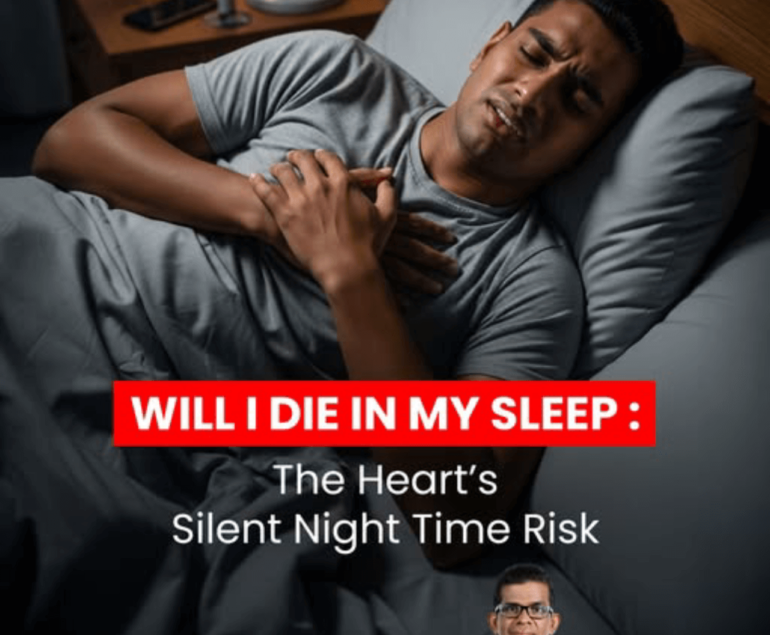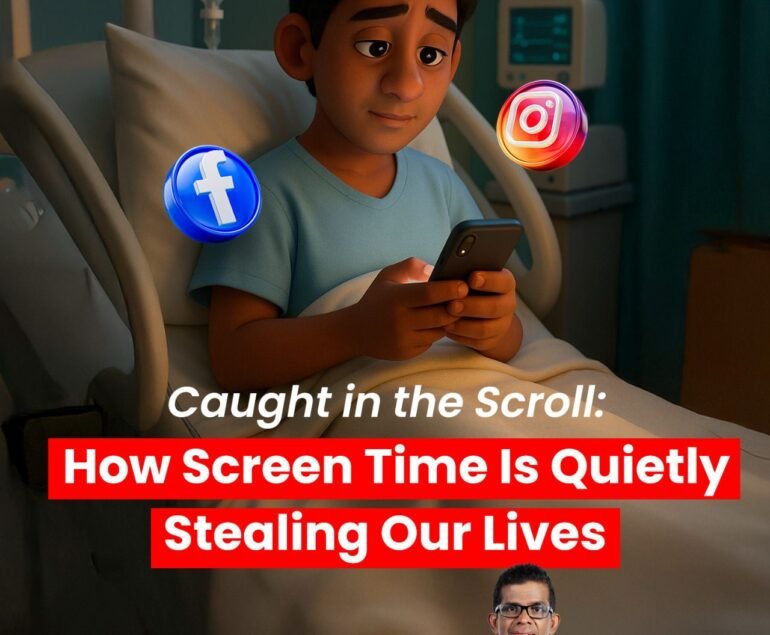
About
Dr. Gotabhaya Ranasinghe
Highly respected & recognized as a leading general and interventional Cardiologist in the country, Dr. Gotabhaya Ranasinghe is the Consultant Cardiologist at the National Hospital of Sri Lanka.
Upon completing his training in Clinical and Interventional Cardiology at John Radcliffe Hospital in Oxford, United Kingdom, Dr. Ranasinghe has successfully performed over 9,000 procedures that include approximately 5,000 Percutaneous Coronary Interventions (PCI) thus far in his career.
Heart Health Tips
Start a heart-health lifestyle
Put a halt to salt
Say no to sugar
Whole grain and red rice
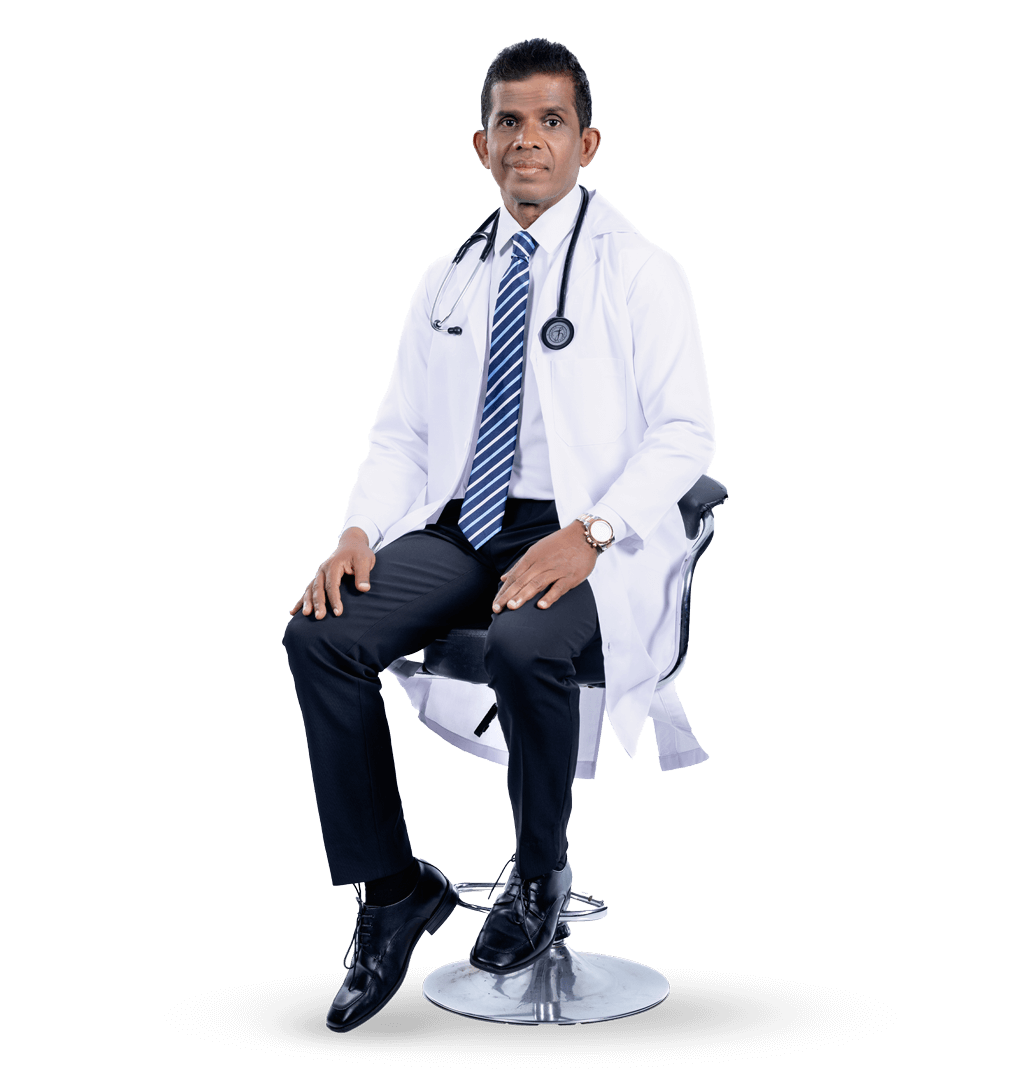
Use healthy oils to cook
Eat a balanced diet at every meal.
Keep your self active.
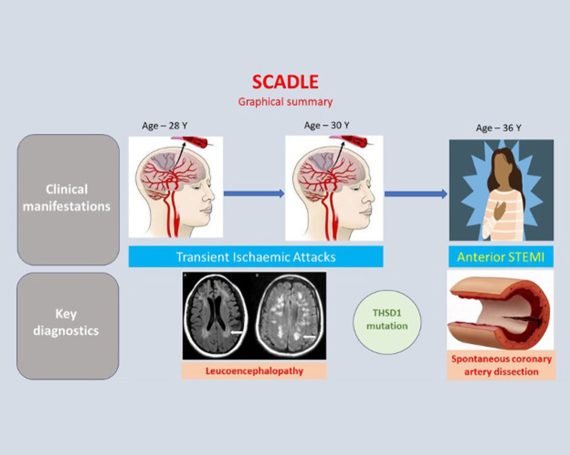
SCADLE
SPONTANEOUS CORONARY ARTERY DISSECTION WITH LEUCOENCEPHALOPATHY
Spontaneous coronary artery dissection (SCAD) is increasingly diagnosed as one of the infrequent causes of acute coronary syndrome. Almost no cause was identified in half of the cases. Here, we report a rare case of spontaneous coronary artery dissection with leucoencephalopathy (SCADLE) associated with a mutation of the thrombospondin Type 1 domain containing 1 (THSD1) gene.
Lead Author:
Dr. Gotabhaya Ranasinghe – Senior Consultant in General and Interventional Cardiology at the Institute of Cardiology, National Hospital of Sri Lanka
The Doctor’s many facets
Extraordinary perseverance makes things attainable!

Doctor
Consultant in Interventional and General Cardiology at the National Hospital, Colombo, and Honorary Consultant Cardiologist to the Sri Lanka Navy.
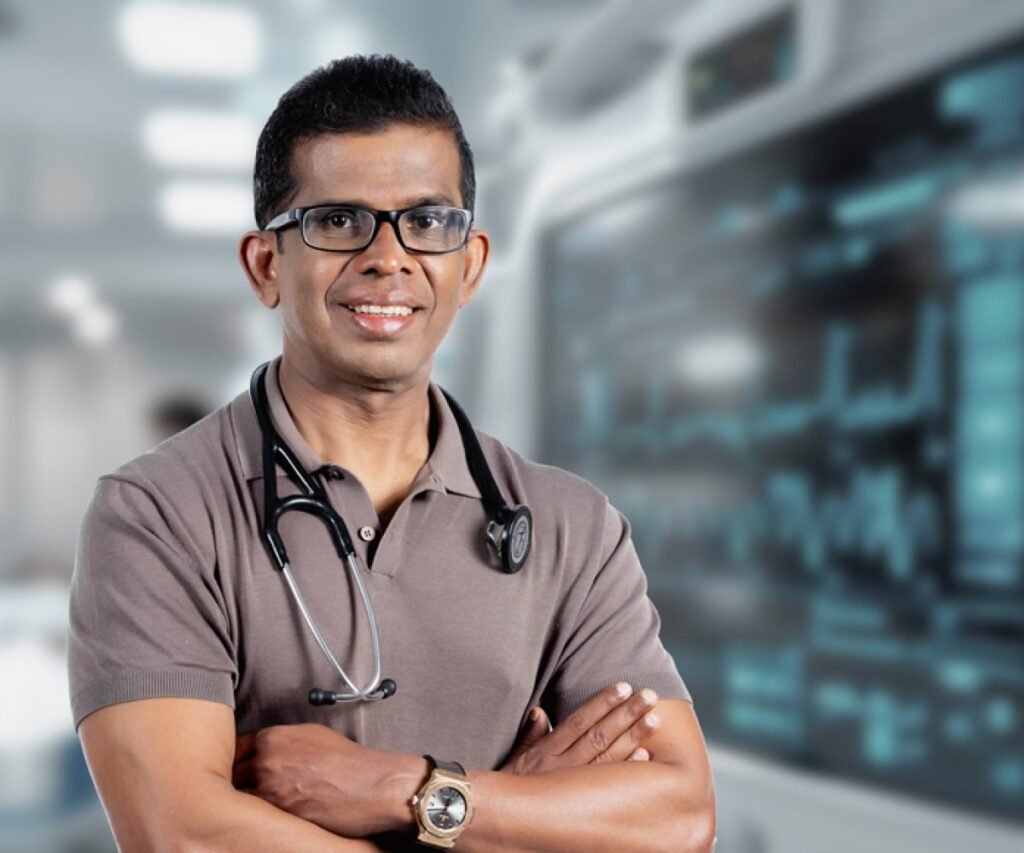
Fitness Enthusiast
Always pumped up and amped with a fitting cross-fit session.
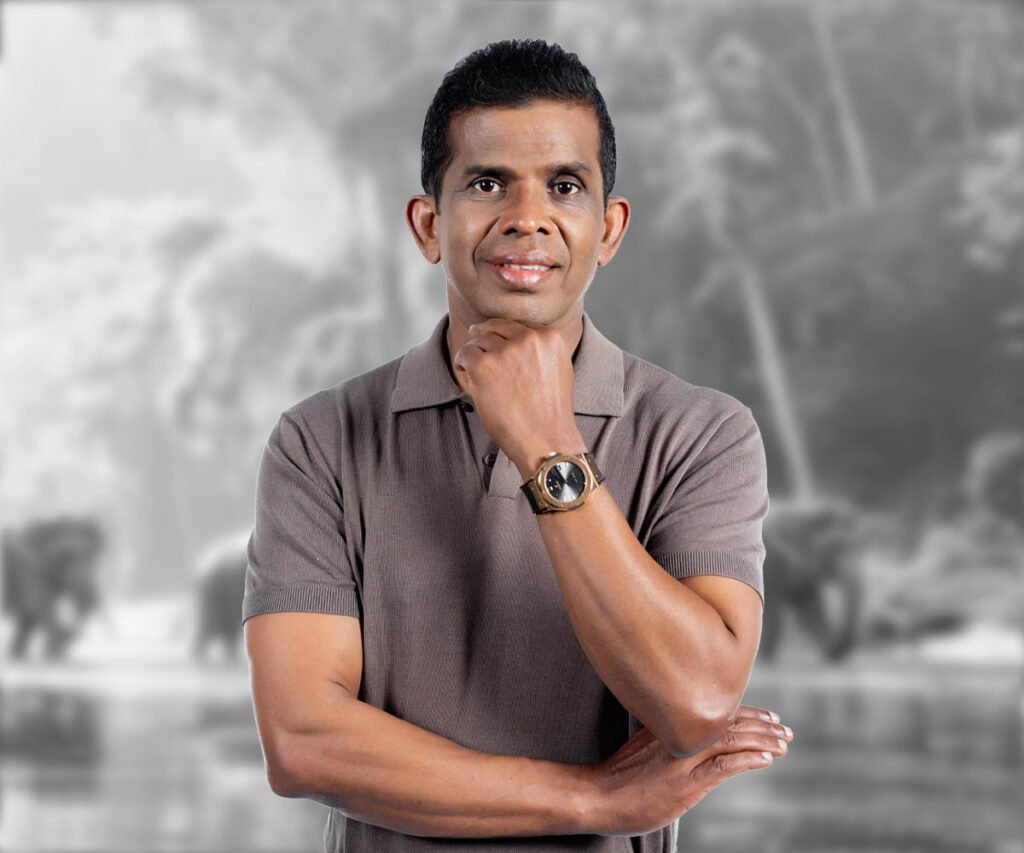
Wildlife Photographer/ Nature Lover
Having your heart in the right place at the right time!
Latest Interventional Cardiology Advancements to Follow
New technologies for interventional cardiology include metallic intraluminal supports (stents), mechanical devices used for plaque removal (atherectomy), and photoablative devices (lasers). Several individual devices in each category are in active clinical investigation and appear to provide safe and effective treatment for many problems that have continued to plague conventional balloon angioplasty. These include failure to dilate eccentric, rigid, or diffuse stenoses; abrupt closure of the dilated segment; and restenosis after successful dilatation. Working with these devices, physicians have learned not only how to use them optimally but a great deal about the biology of restenosis and the manner in which new interventional devices should be evaluated. Although none of the new technologies is likely to replace balloon angioplasty, which has demonstrated broad applicability, success, and safety, the selective use of new devices seems certain to enhance the possibilities for percutaneous transluminal revascularization.


